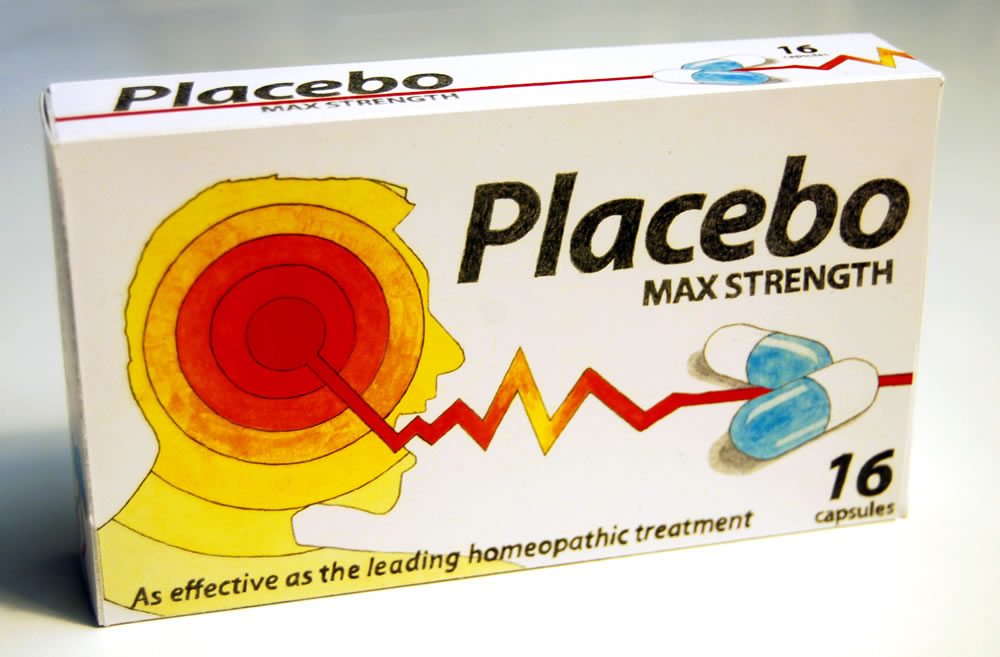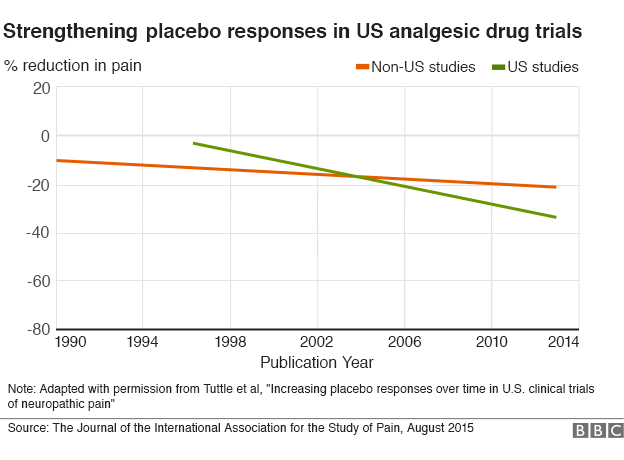Results for: non-specific effects

The benefits of the measles vaccine go beyond just protecting against measles, 2019 edition
It's indisputable that vaccines protect against specific infectious diseases. What's less well known is how a vaccine like the measles vaccine protects against more than just measles.

Psychological Placebos
New research shows the importance of carefully separating real therapeutic effects from psychological placebos.

A Nuanced View on Breast vs Formula
While there is strong evidence that breast is best, a new study suggests that the benefits have been overstated, and may be mostly due to non-specific factors such as better education and overall health care.

Facilitated Communication Rears Its Ugly Head Again
Facilitated communication is pure pseudoscience that was debunked almost 30 years ago, but it keeps coming back, creating new victims.

Can mind-body practices “reprogram” our DNA?
A recent systematic review has been touted as demonstrating that "mind-body" practices like yoga can reprogram our DNA. There are several reasons to doubt these claims, not the least of which is the history of bias in past studies on this topic.

Can the mind really heal the body? The false narrative of placebo “healing” revisited
Placebo effects are inextricably bound to the question of whether the alternative medicine modalities that are being “integrated” into medicine actually have any useful therapeutic effects or not; i.e., whether they are merely placebos. Here, I examine an article in National Geographic that peddles the false narrative that placebo effects have real "healing" powers against diseases like Parkinson's disease.

Are Placebos Getting Stronger?
A new study looked at clinical trials for neuropathic pain over the last 23 years and found that the response of subjects in the placebo group has been increasing over time, but only in the United States. The cause of this increase is unknown, and has provoked a fascinating discussion about the nature of placebos and their role in medical research. What...
Whole Body Vibration Therapy
When skeptics hear the term “vibration” a red flag goes up, because that is a common term used in pseudoscientific jargon. Vibrations are often used to refer vaguely to energy or some physical or even spiritual property that cannot be detected, and is used in a hand-waving manner to explain extraordinary claims. Vibrations, however, are also a real thing, referring to physical...


Is Mindfulness Meditation Science-Based?
Existing research has not yet clearly defined what mindfulness is and what effect it has. The hype clearly has gone beyond the science, and more rigorous research is needed to determine what specific effects there are, if any.